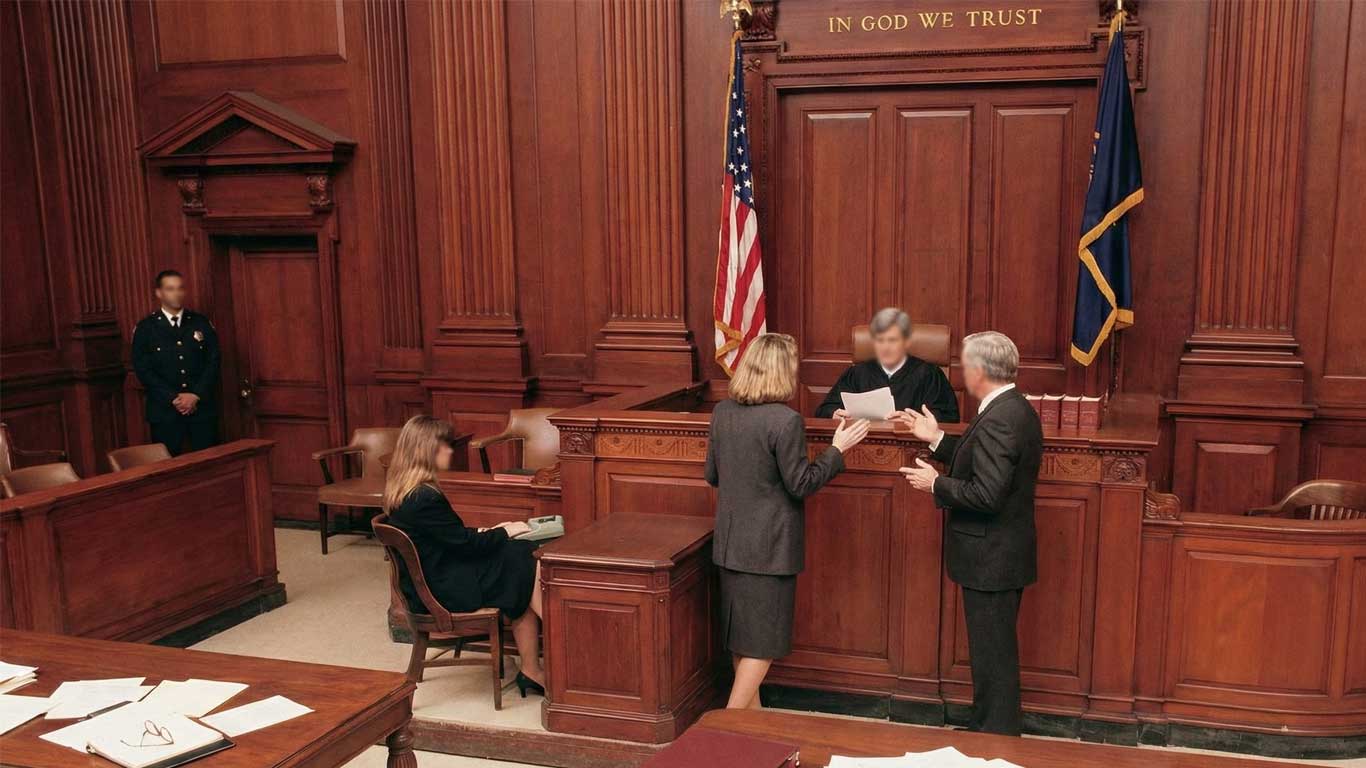
The Eleventh Circuit Court of Appeals has affirmed the conviction and sentence of Joseph Shane Perkins, who was found guilty of possessing a firearm as a convicted felon. The court’s decision addresses Perkins’s arguments regarding the legality of the evidence used against him and the constitutionality of the law under which he was charged.
The Traffic Stop and Arrest
The case stems from a late-night traffic stop in Madison County, Alabama. Around 1:30 AM, law enforcement officers, Deputy Andrew Bates and Lieutenant Whisante, observed an SUV parked near a chiropractor’s office in an area known for high crime rates. The officers noted the SUV’s unusual movements – it appeared to be parked in a dark area and the occupants were seemingly working on the vehicle’s engine. Deputy Bates found the activity suspicious and decided to investigate.
When Deputy Bates activated his patrol car’s lights, the driver of the SUV stopped, but Perkins, a passenger, exited the vehicle and ran. Deputy Bates pursued Perkins on foot, eventually using a taser to subdue him. During the arrest, Perkins was found to be in possession of a glass pipe and admitted to having a firearm and methamphetamine. He also confessed to being a convicted felon after being read his Miranda rights.
The Legal Arguments
Perkins challenged the legality of the evidence obtained during his arrest, arguing that the officers lacked the necessary reasonable suspicion to stop the SUV and probable cause to arrest him. He also claimed that the federal law prohibiting felons from possessing firearms, 18 U.S.C. § 922(g)(1), is unconstitutional under the Second Amendment.
The Court’s Decision: Motion to Suppress
The court addressed Perkins’s argument that the evidence from the arrest should have been suppressed because the officers lacked reasonable suspicion to stop the SUV. The court reviewed the facts, including the time of night, the location, the behavior of the SUV occupants, and Perkins’s flight from the officers. The court concluded that Deputy Bates had reasonable suspicion to believe Perkins was trespassing. The court cited Alabama law, which states that a person commits third-degree criminal trespass when they knowingly remain unlawfully on premises. Because the business was closed and Perkins’s actions, such as his presence in a dark area, raised suspicion, the court determined that the officers were justified in detaining him.
The court stated that Perkins wasn’t seized until he was tased. His flight, combined with the other suspicious circumstances, gave the officer probable cause to arrest him for criminal trespass.
The court rejected Perkins’s claim that the officers improperly provoked his flight by stopping the SUV. The court found that the traffic stop was justified and that a reasonable person would not have fled under the circumstances.
The Court’s Decision: Second Amendment Challenge
Perkins also argued that 18 U.S.C. § 922(g)(1), the law prohibiting felons from possessing firearms, violates the Second Amendment. The court rejected this argument, citing existing precedent within the Eleventh Circuit. The court referred to the case of *United States v. Rozier*, which held that the law is constitutional. The court also mentioned a more recent case, *Dubois v. United States*, which, after the Supreme Court’s decision in *New York State Rifle & Pistol Ass’n, Inc. v. Bruen*, reaffirmed the precedent set in *Rozier*. The court stated that *Bruen* and *Rahimi* did not change the ruling in *Rozier* and the court is bound by its prior decisions.
Conclusion
The Eleventh Circuit Court of Appeals affirmed the district court’s decision, upholding Perkins’s conviction and sentence. The court found that the evidence was obtained legally and that the law under which Perkins was convicted is constitutional.